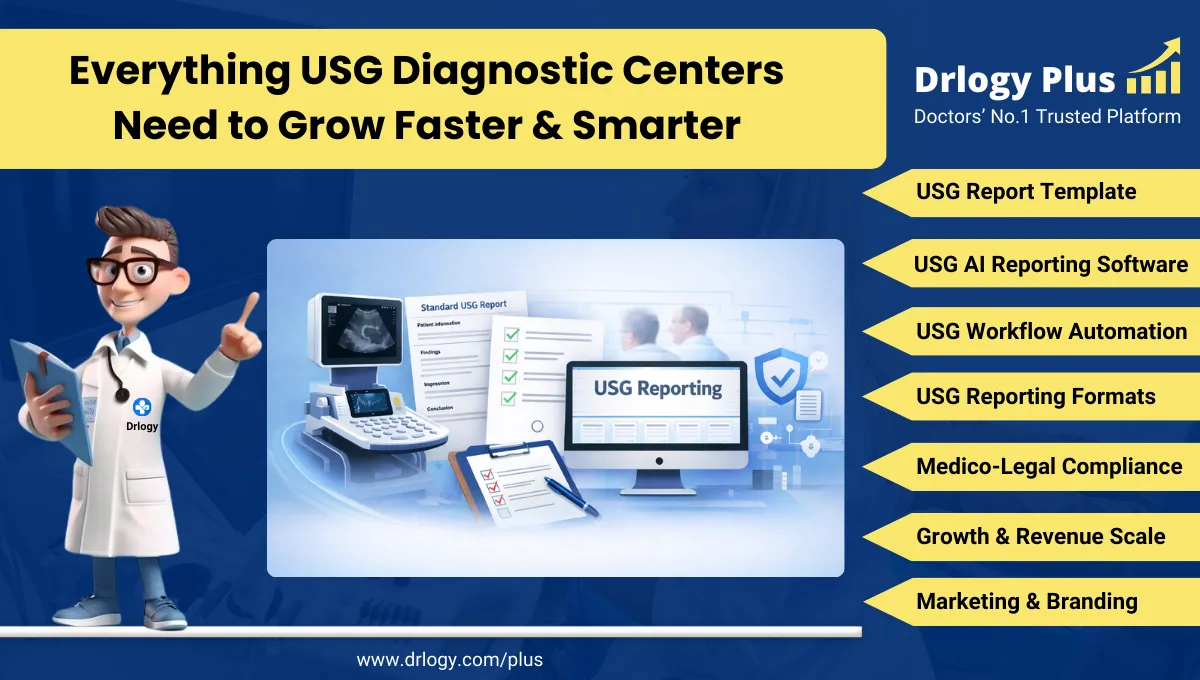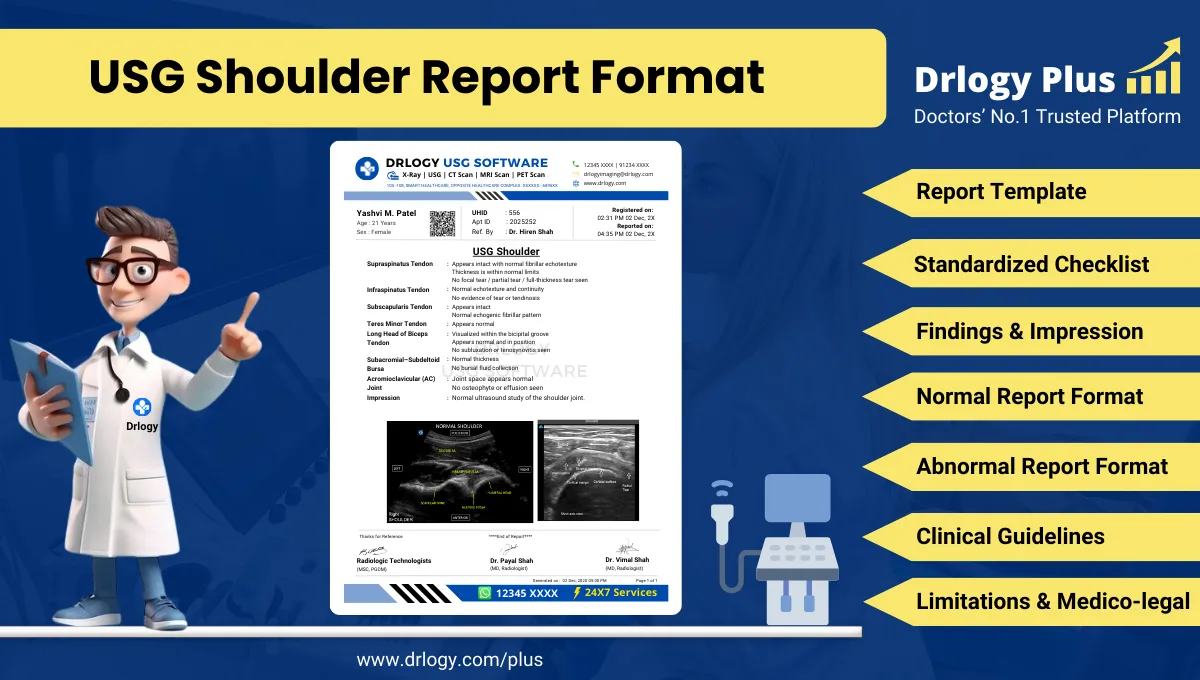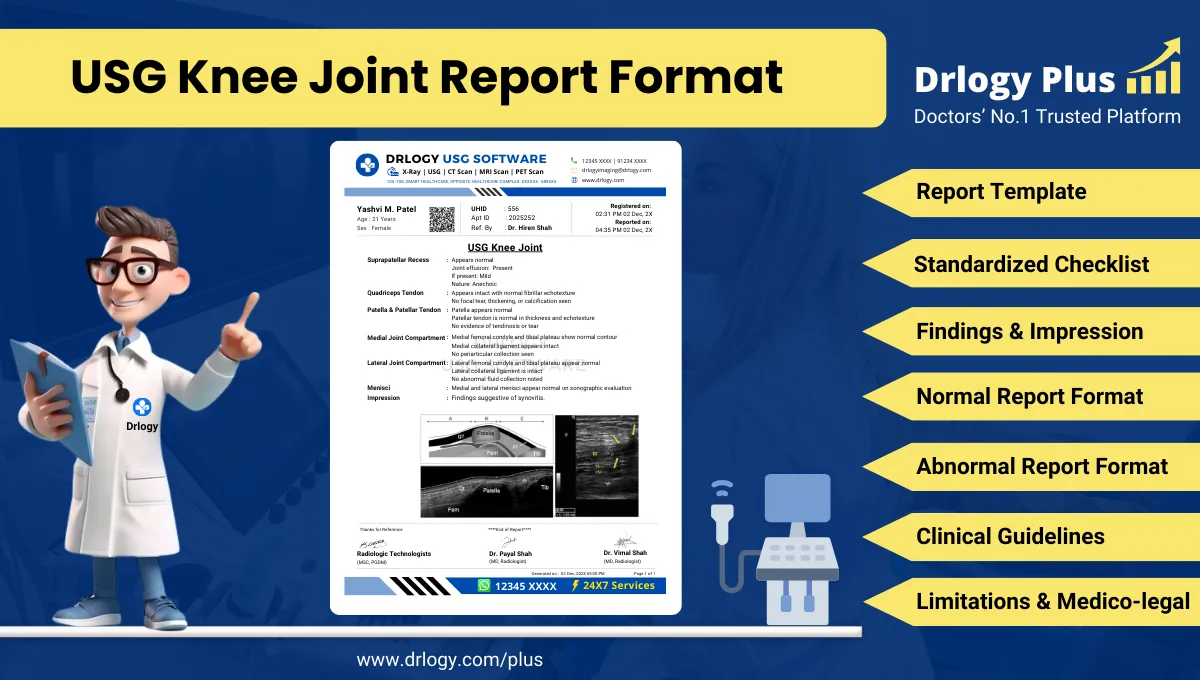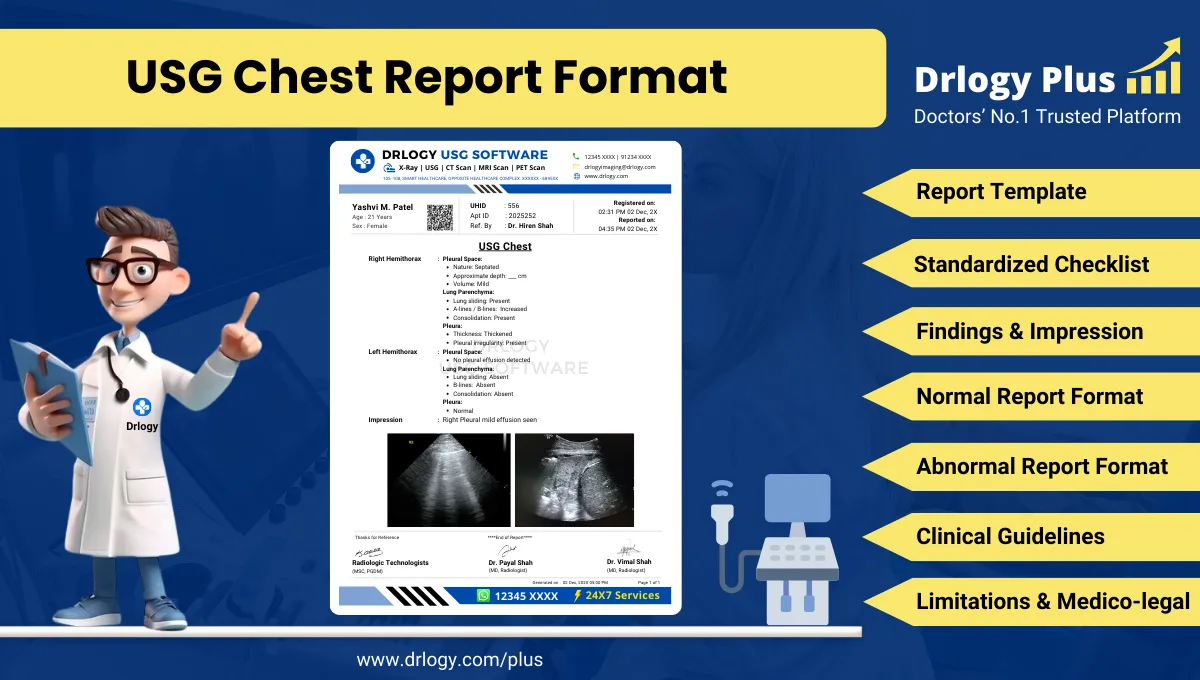
Drlogy
Healthcare organization
Why Medication Feature Must In ICU Software
Effective medication management features in ICU software are essential for ensuring patient safety, optimizing treatment outcomes, and streamlining medication administration processes.
Check:
These features enable accurate dosing, real-time monitoring, and proactive intervention, ultimately improving patient care and reducing the risk of medication errors.
Check:
10 Best Medication Feature Benefits For ICU Software
Check 10 Best Medication Feature Benefits For ICU Software.
1. Automated Medication Administration
- Accuracy: Reduces the risk of medication errors by automating dosage calculations and administration schedules.
- Efficiency: Streamlines the medication administration process, saving time for healthcare providers.
- Real-time Tracking: Provides real-time tracking of medication administration, ensuring adherence to prescribed schedules.
- Error Alerts: Sends alerts for potential errors, such as missed doses or incorrect medications.
- Documentation: Automatically documents each administration event, maintaining accurate and up-to-date records.
2. Drug Interaction Alerts
- Safety: Enhances patient safety by alerting healthcare providers to potential drug interactions.
- Real-time Notifications: Provides real-time notifications of dangerous drug combinations before administration.
- Comprehensive Database: Utilizes a comprehensive drug database to cross-check all prescribed medications.
- Personalized Alerts: Customizes alerts based on patient-specific factors such as allergies and pre-existing conditions.
- Decision Support: Assists in clinical decision-making by providing alternative medication suggestions when interactions are detected.
3. Medication Reconciliation
- Consistency: Ensures consistency in patient medication lists during transitions of care, such as admissions, transfers, and discharges.
- Accuracy: Minimizes discrepancies in medication records, reducing the risk of errors.
- Patient Safety: Enhances patient safety by maintaining an accurate and up-to-date medication list.
- Coordination: Facilitates coordination among healthcare providers by providing a single source of truth for patient medications.
- Compliance: Supports compliance with regulatory requirements for medication reconciliation processes.
4. Inventory Management
- Stock Monitoring: Monitors medication stock levels in real time, preventing shortages and overstocking.
- Automated Reordering: Automates the reordering process for medications that are running low, ensuring continuous availability.
- Expiry Tracking: Tracks expiration dates of medications, reducing waste and ensuring the use of effective drugs.
- Usage Reports: Generates reports on medication usage patterns, helping to optimize inventory management.
- Cost Control: Helps control costs byentifying and eliminating inefficiencies in medication inventory management.
5. Dosage Guidance
- Personalized Dosages: Provides personalized dosage recommendations based on patient-specific factors such as age, weight, and renal function.
- Guideline Adherence: Ensures adherence to clinical guidelines and best practices for medication dosing.
- Error Reduction: Reduces the risk of dosing errors by providing clear and accurate dosage instructions.
- Adjustment Support: Supports dosage adjustments based on changes in patient condition or response to treatment.
- Educational Tools: Offers educational tools and resources for healthcare providers to stay informed about best dosing practices.
6. Electronic Prescribing (e-Prescribing)
- Convenience: Facilitates electronic prescribing of medications, eliminating the need for handwritten prescriptions.
- Error Reduction: Reduces the risk of errors associated with illegible handwriting and transcription mistakes.
- Immediate Transmission: Transmits prescriptionsectly to pharmacies, speeding up the medication dispensing process.
- Compliance: Ensures compliance with regulatory requirements for electronic prescribing.
- Patient Access: Improves patient access to medications by streamlining the prescription process.
7. Compliance Tracking
- Adherence Monitoring: Tracks patient adherence to prescribed medication regimens,entifying potential compliance issues.
- Reminders: Sends automated reminders to patients and healthcare providers for medication administration times.
- Reporting: Generates adherence reports, helping providers to intervene when non-compliance is detected.
- Support Tools: Provides tools and resources to support patient adherence, such as educational materials and counseling.
- Engagement: Engages patients in their own care by involving them in tracking their medication adherence.
8. Comprehensive Medication Records
- Centralized Information: Maintains comprehensive and centralized records of all patient medications.
- Accessibility: Ensures that medication records are easily accessible to all authorized healthcare providers.
- Continuity of Care: Enhances continuity of care by providing a complete medication history for each patient.
- Detailed Documentation: Documents all aspects of medication management, including prescriptions, administrations, and adjustments.
- Patient Safety: Improves patient safety by ensuring accurate and complete medication records.
9. Patient Education
- Information Provision: Provides detailed information about medications, including usage, side effects, and precautions.
- Interactive Tools: Offers interactive tools such as videos and quizzes to enhance patient understanding.
- Engagement: Engages patients in their own care by providing them with the knowledge they need to manage their medications effectively.
- Adherence Support: Supports adherence by educating patients on the importance of following their prescribed regimens.
- Feedback Mechanism: Allows patients to provide feedback on their medications, helping toentify and address any issues.
10. Analytics and Reporting
- Data Insights: Provides insights into medication usage patterns and outcomes through advanced analytics.
- Custom Reports: Generates custom reports to meet the specific needs of healthcare providers and administrators.
- Performance Monitoring: Monitors key performance indicators (KPIs) related to medication management.
- Trend Analysis: Analyzes trends over time toentify areas for improvement in medication practices.
- Decision Support: Supports decision-making by providing insights and recommendations.
Drlogy ICU Software Guide
| 1. Appointment | 8. Patient Treatment |
| 2. Bed Management | 9. Medication |
| 3. Patient Admission | 10. Patient Education |
| 4. Patient Monitoring | 11. Patient Management |
| 5. EHR | 12. Discharge |
| 6. Staff Management | 13. Patient Billing |
| 7. Mobile App | 14. Patient Follow-up |
Summary
Overall, integrating robust medication management features into ICU software enhances patient safety, improves compliance, and streamlines medication administration, ultimately leading to better patient outcomes and more efficient healthcare delivery in the intensive care unit.
Check Drlogy ICU Software Features Guide for efficient streamlining critical care management and enhance patient outcomes in ICU For Hospitals.




